MLK Day Workshop Asks How Latin Might Value Neurodiversity
Neurodiversity serves as an umbrella term used to describe people who experience neurological or developmental conditions.
On January 18, Latin held its annual MLK Day of Commemoration by holding workshops for students. These workshops emphasized the importance not only of listening and learning, but of taking meaningful action. One of the workshops, led by Upper School Learning Specialist Brianna Malin and Upper School history teacher Stephanie Stephens, focused on neurodiversity at Latin.
During the 50-minute period, students formulated potential solutions to inequities they observe in learning environments. The workshop allowed students to embrace their individual learning styles and compare them to those of other Latin community members.
A clear understanding of neurodiversity is essential to engage in productive conversations. According to Harvard Health Publishing, “Neurodiversity describes the idea that people experience and interact with the world around them in many different ways; there is no one ‘right’ way of thinking, learning, and behaving, and differences are not viewed as deficits.”
Neurodiversity serves as an umbrella term to describe people who experience neurological or developmental conditions such as, but not limited to, dyslexia, dyspraxia, ADHD, or autistic spectrum disorder. Given that neurodiversity covers a wide range of topics, it is important to recognize that it looks different for every individual.
Ms. Malin shared her perspective on Latin’s approach to educating neurodiverse students. “Latin already does a great job of creating learning environments that engage all students and provide multi-modal learning opportunities for students, but there is always room for growth to improve our learning environments across all subjects,” she said. CAST, an organization that shares educational design to improve instruction for all learning styles, developed a Universal Design for Learning (UDL) that Latin uses to ensure each student is assessed individually. UDL “allows us to differentiate teaching, learning, and assessment so every student can thrive,” Ms. Malin said.
UDL stresses the importance of tailoring curricula to individuals, which helps not only neurodiverse students, but all students. “If we can incorporate more UDL frameworks into our learning environments, it can enhance our ability to meet the learning needs of all students at Latin,” Ms. Malin said.
So how might the Latin community promote inclusivity? “The best action that we can take to create an inclusive environment,” Ms. Malin said, “is to value our neurodiverse learners at Latin and pause to take time to compassionately understand different learners around us, because neurodiverse students are such a wonderful asset to our learning community.”
Students who attended the workshop reflected on their various takeaways and what they feel they need to be the most successful in their classes. Junior Kennedy Fuller said, “Including students’ needs and wants into the curriculum and syllabus of each class will help make the sources more engaging and inclusive for all students.”
Junior Noa Paige Bremen agreed. “[The workshop] reinforced how we all learn in different ways, and how one class, space, or method isn’t going to work for everyone,” she said. “Listening to the feedback from students is one of the many ways the Latin community can work together to create the best environment for all learners.”
Ms. Stephens helped create the workshop with the goal of spreading awareness about the many different ways in which people learn. She also highlighted the importance of assessing each student individually, saying, “First, I meet with each student, and for those students with accommodation plans, I read them to better understand their learning styles, strengths, and challenges. Get curious and ask questions.”
This initial meeting not only informs her about the students’ needs, but it also permits a safe place for students to talk about their goals and how she can best help them succeed.
Creating a safe environment for neurodiverse students is crucial to establishing an equitable learning setting. With this in mind, Ms. Stephens is in the process of seeking out individuals who might be interested in joining an affinity group for neurodiverse students. She said she encourages students interested in joining to contact her.
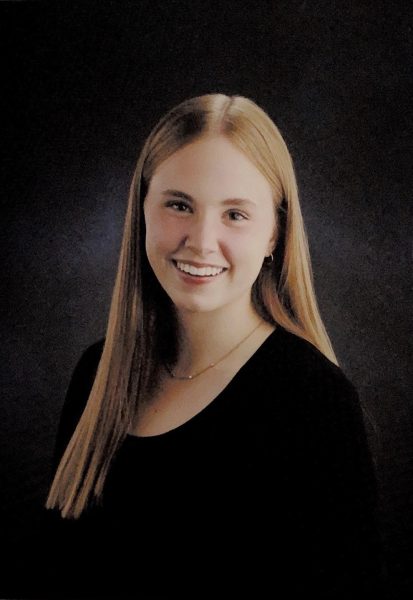
Margaret Townsend (‘24) is a senior at Latin and has been writing for The Forum since 2020. Margaret loves to write about film and is looking forward...






































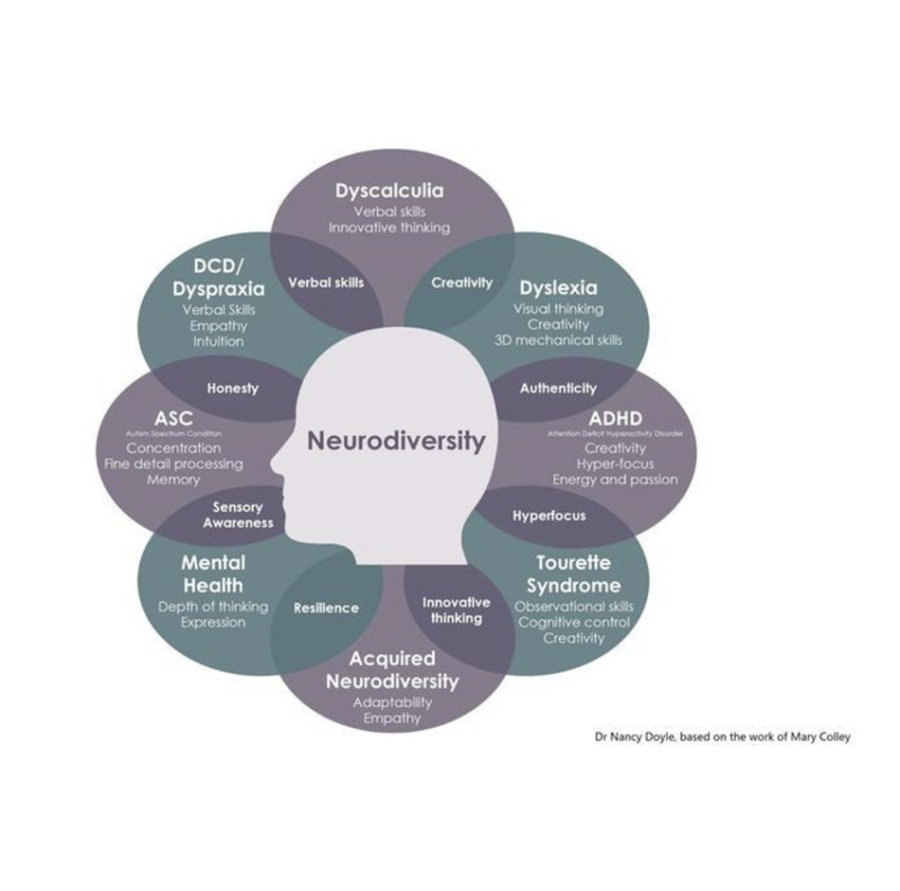

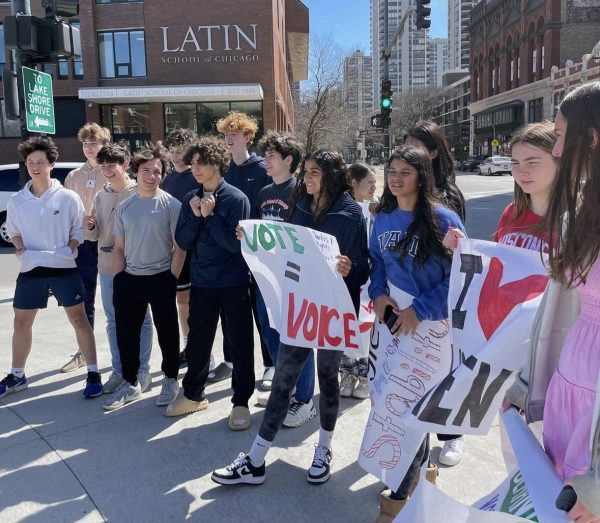
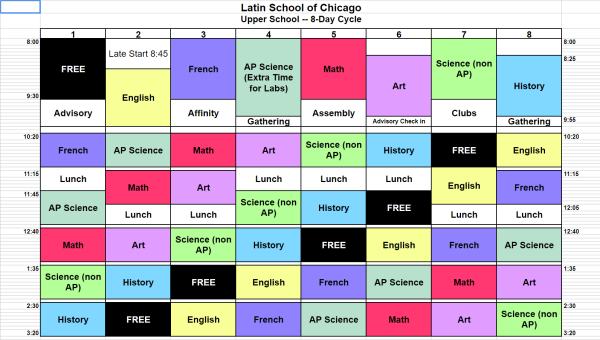
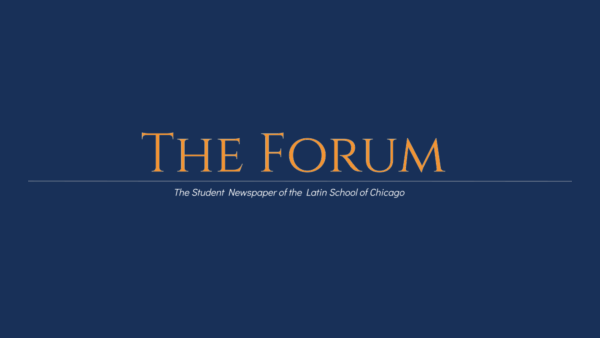
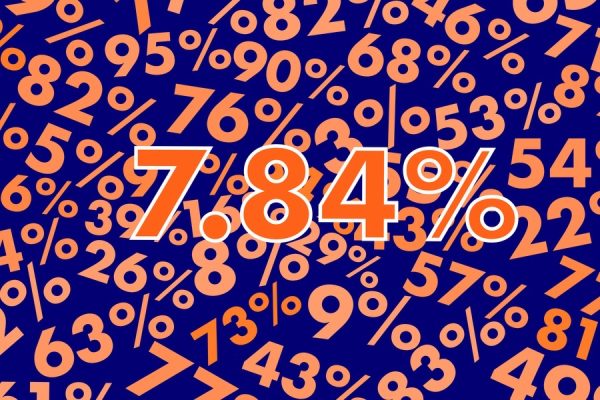
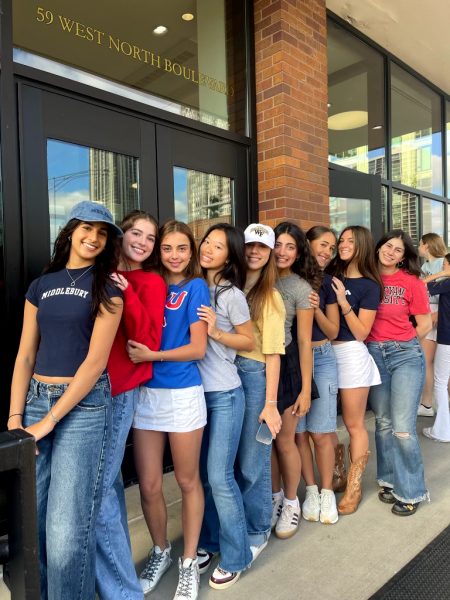
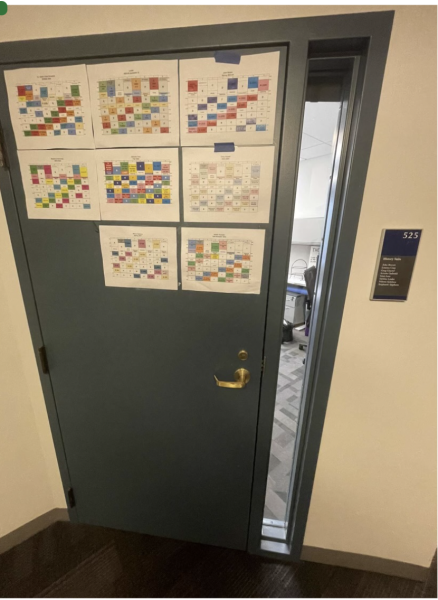
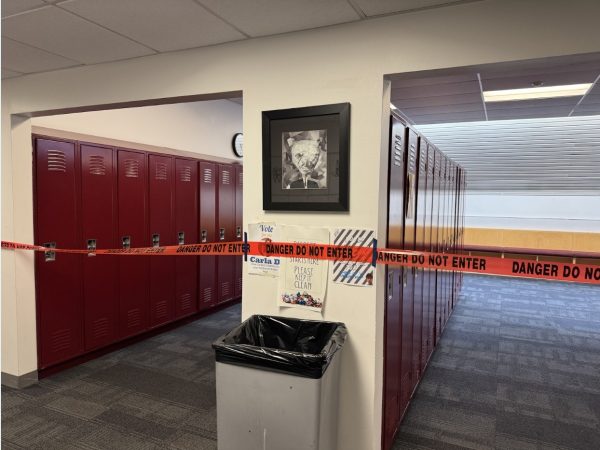

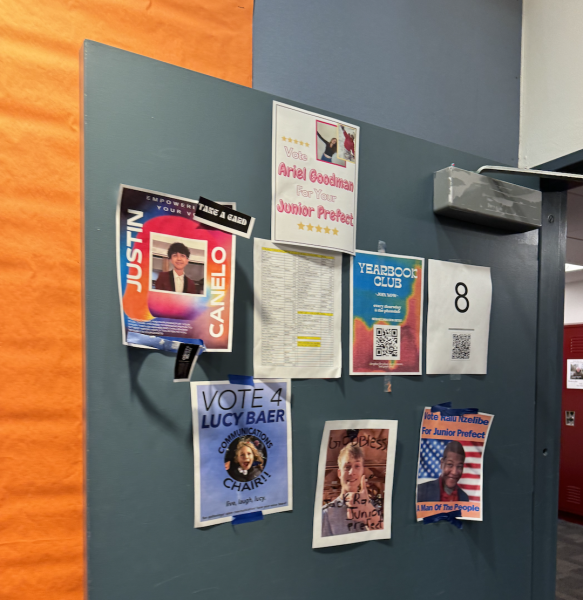

Stephanie Stephens • Feb 1, 2023 at 5:04 pm
What a wonderful piece! Thank you, Margaret. It was a pleasure co-facilitating with Ms. Malin, Eva, and Quinn. I’m excited to witness the energy generated by this workshop, and even more excited to work with this group in expanding support for Latin’s neurodiverse learners.